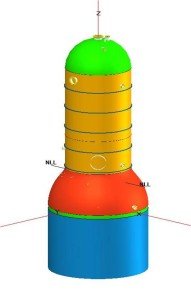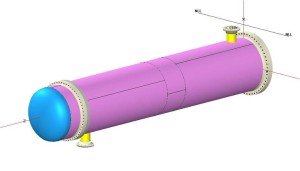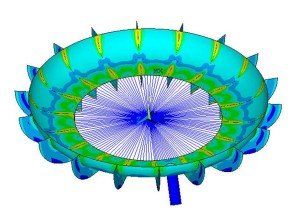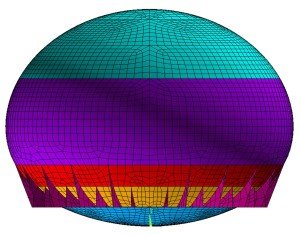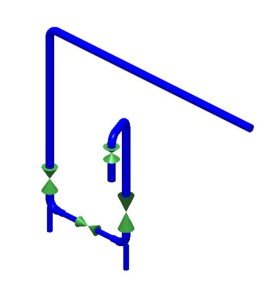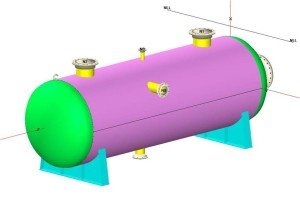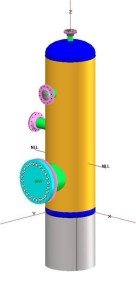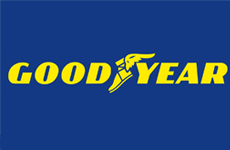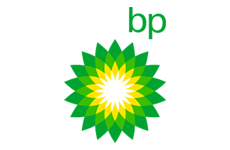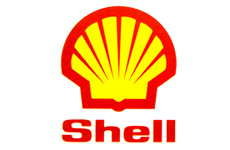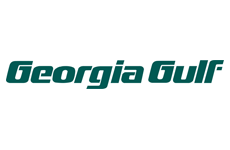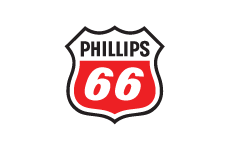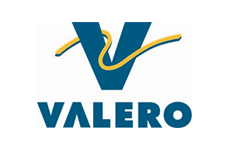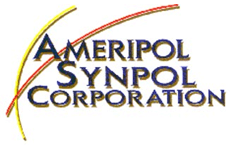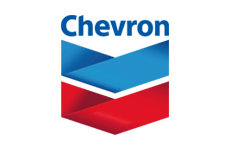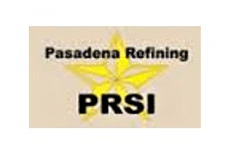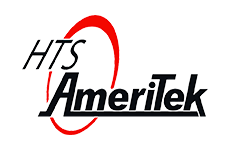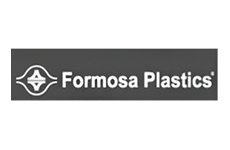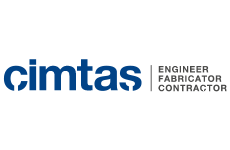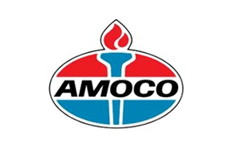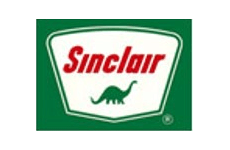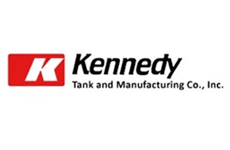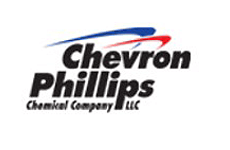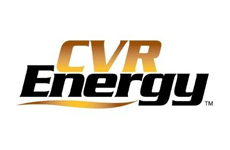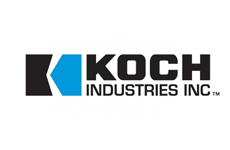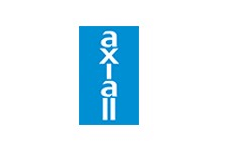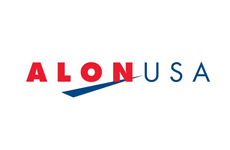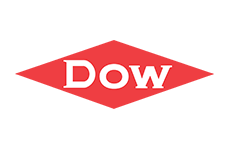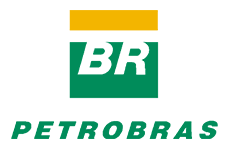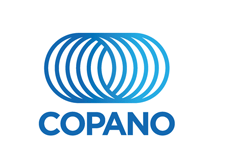Pressure Equipment Engineering Services, Inc. performs fitness-for-service evaluations for pressure vessels, heat exchangers, boilers, storage tanks, piping and other specialized equipment to assure the structural integrity of equipment for the intended design parameters.
Fitness for service evaluations are performed for a wide variety of flaws. Some common type of flaws requiring fitness-for-service evaluations are listed as follows:
- Generalized Corrosion
- Localized Corrosion / Corrosion under insulation
- Pitting Corrosion
- Blisters and Laminations
- Bulging
- Dents
- Cracks
- Fire Damage
Usually a fitness-for-service evaluation is based on API-579-1 / ASME-FFS-1 (API Recommended practice for fitness for service) and other applicable codes, standards and specifications. Some of the more common codes used for design and construction of equipment are as follows:
- ASME Boiler & Pressure Vessel Code, Section VIII, Division – 1: Rules for Construction of Pressure Vessels
- ASME Boiler & Pressure Vessel Code, Section VIII, Division – 2: Alternative Rules for Construction of Pressure Vessels
- ASME Boiler & Pressure Vessel Code, Section VIII, Division – 3: Alternative Rules for Construction of High Pressure Vessels
- ASME Boiler & Pressure Vessel Code, Section I: Rules for Construction of Power Boilers
- ASME B31.3: ASME Code for Process Piping
- ASME B31.1: ASME Code for Power Piping
- EJMA: Standards of the Expansion Joint Manufacturers Association, Inc.
- API 650: Welded Steel Tanks for Oil Storage
- API 620: Design & Construction of large, welded, low pressure Storage Tanks
- AWWA D100-96: Welded Steel Tanks for Water Storage
TEMA: Standards of Tubular Exchanger Manufacturers Association - BS 5500: British Specification for Unfired Fusion welded pressure vessels
- CODAP: French Code for Pressure Vessel Design
- AD Merkblätter: German Pressure Vessel Code
PEESI has developed expertise to offer life extension considerations for fixed equipment (Pressure vessels, Heat exchangers, Boilers, Tanks and Piping) located in refineries, chemical plants and power plants. In many cases, we achieve this objective without repairs or alteration of the equipment. In case, the repairs or alterations are necessary for code compliance or to maintain the mechanical integrity of the equipment, we provide the best advice to minimize the equipment downtime usually till the next turnaround. When code guidance is not available, we use RAGAGEP (Recognized and generally accepted good engineering practices) and advanced analysis techniques to complete the fitness for service evaluation.
In many cases, we perform fitness-for-service evaluations by using custom and proprietary engineering tools to arrive at the best possible solution in the most cost effective manner.
For example, fitness-for-service evaluation may require calculation of MSOT (Minimum Safe Operating temperature) below the code specified MDMT (Minimum Design Metal temperature).
As another example, when the equipment life is depleted due to loss of originally intended corrosion allowance, we are usually able to get some life (may be till the next turnaround) out of the equipment based on the minimum retirement thickness values calculated by us for various components of the equipment. For this, we take into account all the considerations required for fitness-for-service evaluations. These practices usually result in increased remaining safe and useful life for the equipment and lead to reduced engineering cost, reduced maintenance cost, reduced inspection cost and low overheads for the clients.
Here are some examples of fitness-for-service evaluations performed by Pressure Equipment Engineering Services, Inc.





